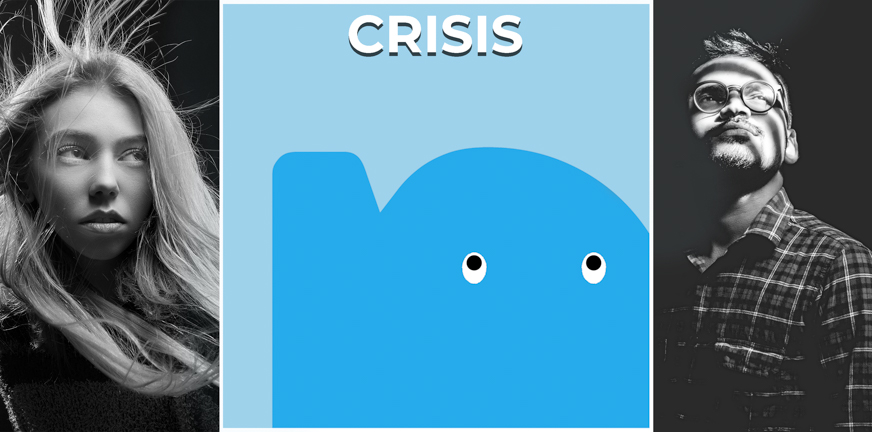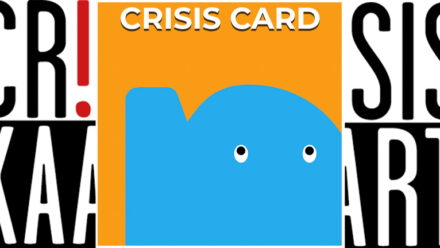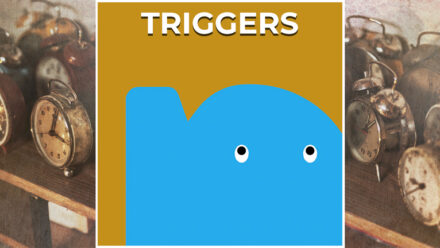
A general definition of crisis is: a serious emergency that severely disturbs the proper functioning of a system (of any nature, including a person). The word “crisis” usually has a negative meaning.
A crisis is a dynamic moment
Originally, the term “crisis” had a neutral meaning. This is because a crisis situation is a dynamic moment that also offers an opportunity for creating a new and better situation.
Psychological crisis
We speak of a psychological crisis when someone is in serious mental distress and the people around them cannot (yet) offer the needed support. During a crisis, a lot of important things go wrong, or are about to. Under the effect of serious psychological problems, there could even be a danger to someone’s own or someone else’s life. In that case, rapid action is required to avert the crisis. This can include involuntary admission, but only in the worst scenario.
Preventing a crisis
There are many tools that can help to prevent an oncoming crisis. Many mental health care providers write a relapse prevention plan with the patient. This plan describes the course of a potential crisis in stages going from green to orange to red. For each stage you have described in advance how you should to prevent a crisis. WRAP is another solid empowerment tool for people who have experienced a psychological crisis and want to take control of their recovery process ensure that they are doing well on a daily basis.
Another tool is the crisis card. This card, which the person carries with him/her all the time, holds short instructions for bystanders on how to act when someone in crisis has lost control and is unable to ask for help. Through this information, the crisis plan can lead to better cooperation between the police, social circle, care workers, crisis services, general practitioner and surrounding people.
Needing immediate help
Is someone in urgent need of medical help or is a situation turning violent? The emergency telephone number (112 in most European countries) can be called for all emergency situations. Some countries also have a phone number for non-urgent cases. Someone to talk to about suicidal thoughts or plans (on the phone or by online chat) is available 24/7 at the suicide prevention hotline for your country.
National / regional Crisis Services
Crisis services are usually organised at a mental health care facility, providing help to anyone in psychological crisis in a given region. These services employ community psychiatric nurses and crisis intervention psychiatrists, who are available (by phone) day and night to provide support. If needed, crisis services do house visits, when support is required urgently. When the police find someone who is severely confused, the crisis services’ are responsible for providing the necessary care and to take further action.
What do crisis services do?
If immediate intervention is required, to stop someone from being a danger to themselves or others, you can call crisis services. In case of someone in psychosis, an example would be when they are severely hallucinating or delusional. Or if someone is seriously confused and you are no longer able to get through to them. Being worried that someone is suicidal is another example of a crisis.
The crisis services’ care workers decide what kind of care is best for someone at that moment. They will always go for the least invasive kind of help. In crisis situations, immediate aid is extremely important, to make sure that the mental health problems do not put anyone in danger. The crisis service will judge what kind of immediate psychiatric help can best be provided and possibly refer to other care providers. It could be that someone in crisis is admitted in a regular or secure ward.
First aid
First aid services can also offer help in a psychological crisis. They are usually available to anyone who needs help, be it with physical injury or psychological crisis. First aid is also called Accidents & Emergency (A&E). and can be provided by a general hospital or a general practice.




